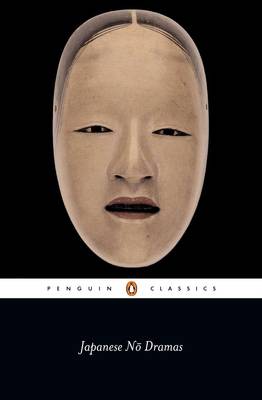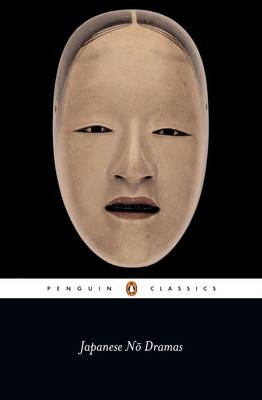
- Retrait gratuit dans votre magasin Club
- 7.000.000 titres dans notre catalogue
- Payer en toute sécurité
- Toujours un magasin près de chez vous
- Retrait gratuit dans votre magasin Club
- 7.000.0000 titres dans notre catalogue
- Payer en toute sécurité
- Toujours un magasin près de chez vous
Description
Japanese noh theatre or the drama of "perfected art" flourished in the fourteenth and fifteenth centuries largely through the genius of the dramatist Zeami. An intricate fusion of music, dance, mask, costume and language, the dramas address many subjects, but the idea of "form" is more central than 'meaning' and their structure is always ritualized. Selected for their literary merit, the twenty-four plays in this volume dramatize such ideas as the relationship between men and the gods, brother and sister, parent and child, lover and beloved, and the power of greed and desire. Revered in Japan as a cultural treasure, the spiritual and sensuous beauty of these works has been a profound influence for English-speaking artists including W. B. Yeats, Ezra Pound and Benjamin Britten. For more than seventy years, Penguin has been the leading publisher of classic literature in the English-speaking world. With more than 1,700 titles, Penguin Classics represents a global bookshelf of the best works throughout history and across genres and disciplines. Readers trust the series to provide authoritative texts enhanced by introductions and notes by distinguished scholars and contemporary authors, as well as up-to-date translations by award-winning translators.
Spécifications
Parties prenantes
- Auteur(s) :
- Traducteur(s):
- Editeur:
Contenu
- Nombre de pages :
- 384
- Langue:
- Anglais
Caractéristiques
- EAN:
- 9780140445398
- Date de parution :
- 01-06-93
- Format:
- Livre broché
- Format numérique:
- Trade paperback (VS)
- Dimensions :
- 129 mm x 197 mm
- Poids :
- 276 g

Les avis
Nous publions uniquement les avis qui respectent les conditions requises. Consultez nos conditions pour les avis.






